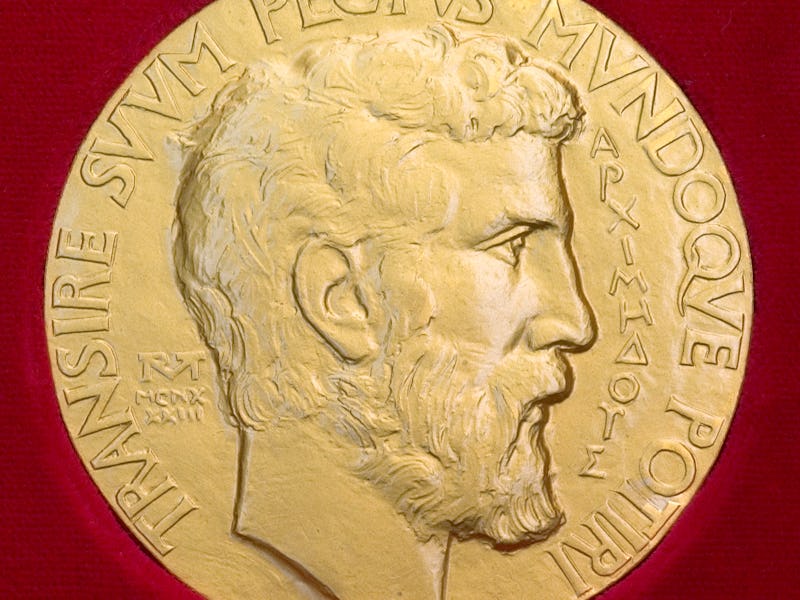'Pathetic' Fields Medal Theft Wasn't Worth the Scam, Says Art Crime Expert
"It’s a pretty sad and pathetic theft."

Within minutes of receiving the prestigious Fields Medal, which some refer to as the Nobel Prize of mathematics, Caucher Birkar, Ph.D., realized it had been stolen. But why would someone want to snatch a medal for math? Birkar, a professor of mathematics at the University of Cambridge in the United Kingdom, was one of four recipients of the prestigious medal that’s awarded every four years at the International Congress of Mathematics to rising stars in the math world. But his triumph quickly hit a rocky patch when he noticed that his briefcase, which contained the medal, was missing, The New York Times reported Thursday. His briefcase was found later, outside the event venue, but the medal was gone.
While the Fields Medal holds great significance to its recipients, why the heck would someone want to steal it? How much is a medal really worth? Well, the Fields Medal is made out of 14-karat gold, so in addition to sentimental value, it’s got monetary value, too. For this reason, according to international art crime expert Chris Marinello, whoever stole the award probably doesn’t care much about the award itself.
“It’s a pretty sad and pathetic theft,” Marinello, the founder and CEO of Art Recovery International, tells Inverse. “The amount of gold metal contained in this medal is insignificant compared to the professional and emotional value to the recipient.”
Marinello’s group specializes in tracking and recovering stolen artwork, including pieces looted from collectors and artists in Nazi Germany. A common thread among art thefts, he notes, is that the harm done to the affected party is usually much higher than the value of the item that is stolen. While the Fields Medal represents an international recognition of Birkar’s work, according to one estimate, the monetary value of it is only about £3,000, or just under $4,000.
Caucher Birkar was one of four Fields Medal recipients at the 2018 International Congress of Mathematics.
In a recent case that made national headlines, a pair of men were sentenced to time in prison on Monday for stealing a 17th-century Spanish gold bar — a priceless historical artifact that they cut up and sold by weight — from a maritime museum in 2010. Marinello says this trend is common, especially with stolen war medals.
“They break into these museums and steal these war medals, and instead of selling them as valuable war medals, they just melt them down or sell them for scrap,” he says.
Akshay Venkatesh, Peter Scholze, and Alessio Figalli all received the Fields Medal along with Birkar.
These stories don’t always end the same way, though. In a thrilling case of scientists working to preserve their gold prizes from being melted down for petty scrap, Danish physicist Neils Bohr famously hid the Nobel Prizes of fellow scientists Max von Laue and James Franck after Nazis invaded Denmark by dissolving them in an acid solution. The Nobel Foundation recast the awards from the rescued gold and presented them to the scientists after the end of World War II. Unfortunately for Birkar, a former refugee of Kurdish Iranian origin, he didn’t get the chance to take such precautions.
Marinello points out that, even though the medal may be worth £3,000, it could in fact fetch much less if the thief is trying to get rid of it easily.
“I see this all the time with art theft, Nazi looting, and criminals that destroy artwork,” he says. “But a theft like this where it means so much more to the recipient and to the world than some idiot who’s just going to melt it down and get £1,000 out of it, if that, it’s outrageous.”